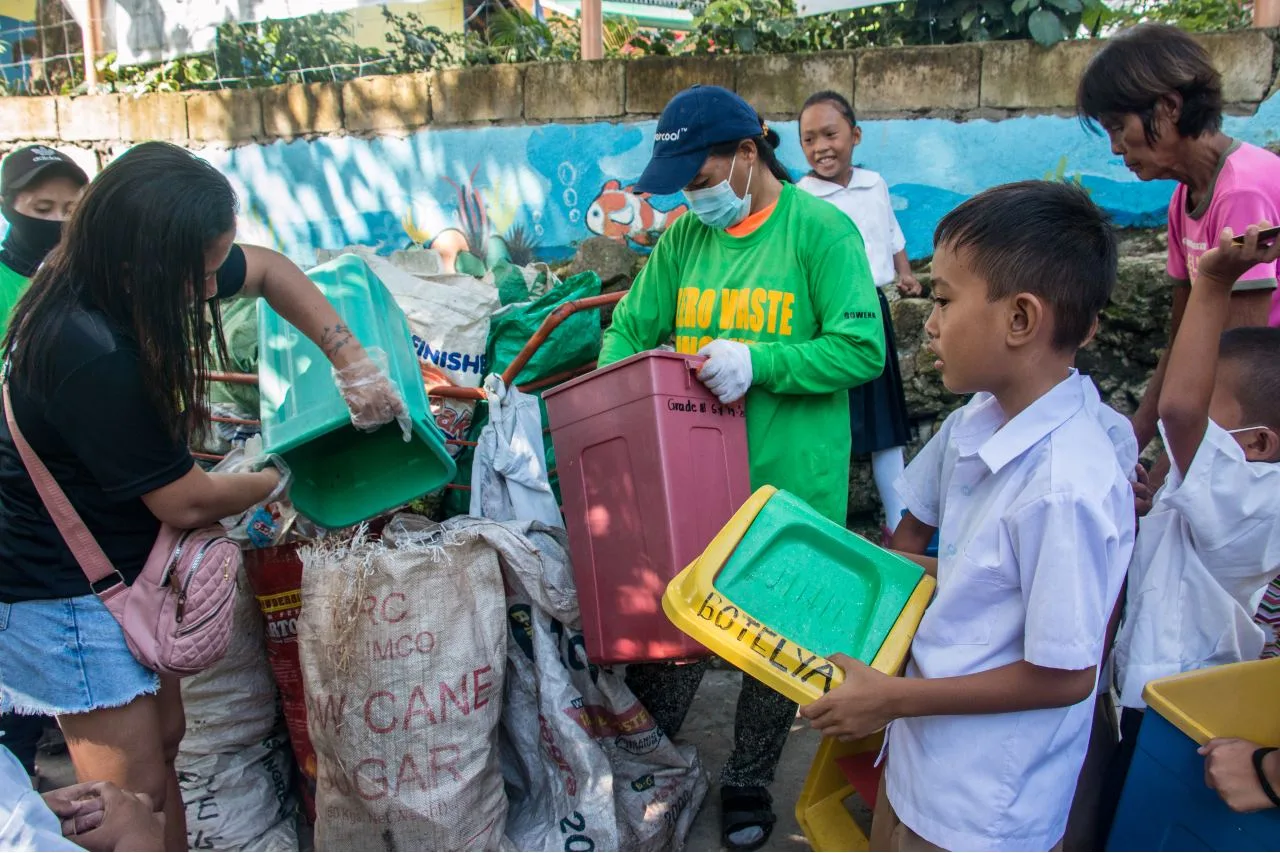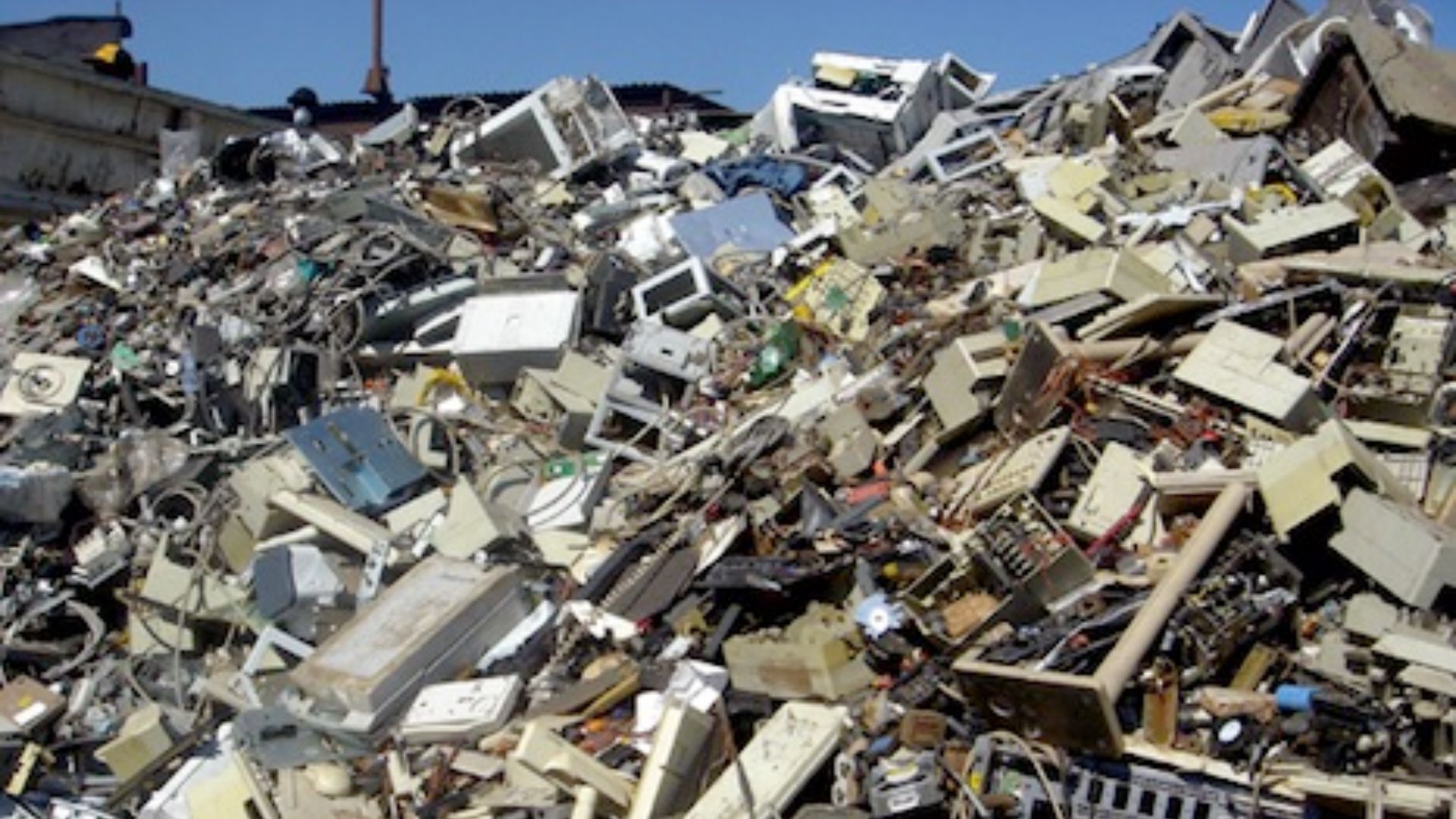In the global effort to address the challenges of waste disposal, community engagement stands out as a powerful catalyst for change. As individuals become active participants in waste management initiatives, the impact transcends mere garbage collection—it becomes a shared responsibility for creating a sustainable future. This article explores the pivotal role of community engagement in waste disposal programs. Hence, showcasing how collective efforts can turn the tide on environmental challenges.
Awareness and Education
The first step in fostering community engagement in waste disposal programs is to raise awareness and educate residents about the importance of responsible waste management. Community workshops, informational campaigns, and school programs play a crucial role in informing individuals about the environmental impact of improper waste disposal and the benefits of recycling and waste reduction.

Community-Led Cleanup Initiatives
Hands-on involvement is a potent way to instigate change. Community-led cleanup initiatives bring people together to actively participate in the cleaning and beautification of their neighborhoods. These events not only contribute to immediate improvements in the local environment but also instill a sense of pride and shared responsibility among residents.
Establishing Recycling Centers
Community engagement extends beyond the individual level to collective initiatives such as establishing local recycling centers. By involving the community in the planning, implementation, and maintenance of these centers, residents take ownership of the recycling process. This not only ensures convenient access to recycling facilities but also empowers communities to manage their waste sustainably.
Collaborative Waste Sorting Programs
In addition, waste sorting at the source is a pivotal aspect of effective waste disposal. Community engagement can be leveraged to implement collaborative waste sorting programs where residents actively participate in separating recyclables, organics, and non-recyclables. This hands-on involvement significantly improves the efficiency of waste management systems.
Community Composting Projects
Composting is a sustainable way to manage organic waste. Hence, community engagement plays a vital role in the success of such projects. Establishing community composting initiatives allows residents to contribute kitchen scraps and yard waste to create nutrient-rich compost. This not only diverts organic waste from landfills but also provides valuable compost for community gardens.
Participatory Waste Management Planning
Moreover, involving the community in the planning process of waste management strategies ensures that solutions are tailored to local needs and realities. Residents can provide insights into their specific challenges, preferences, and cultural considerations. Thus fostering a sense of inclusivity in waste management initiatives.
Educational Events and Workshops
Continued education is essential to maintaining and deepening community engagement in waste disposal. Regular workshops and events that focus on sustainability, waste reduction tips, and the importance of reducing single-use plastics keep the community informed and inspired to make environmentally conscious choices.
Online Platforms for Community Dialogue
The digital age offers an opportunity to enhance community engagement through online platforms. Social media groups, forums, and community websites can serve as spaces for residents to share ideas, discuss challenges, and collaborate on waste disposal initiatives. This virtual engagement complements on-the-ground efforts and amplifies the collective impact.
Local Government Collaboration
Furthermore, effective community engagement requires collaboration with local government authorities. When residents and local authorities work hand-in-hand, waste disposal programs can benefit from shared resources, infrastructure development, and streamlined coordination, ensuring that community efforts align with broader waste management strategies.
Conclusion
In conclusion, community engagement is the linchpin of successful waste disposal programs. As individuals actively participate in the collective effort to manage waste responsibly, the impact goes beyond cleaner streets; it transforms neighbourhoods into resilient, sustainable communities. By fostering a sense of shared responsibility and empowerment, community engagement becomes a driving force for positive environmental change. Therefore, creating a legacy of cleaner, greener spaces for generations to come.



